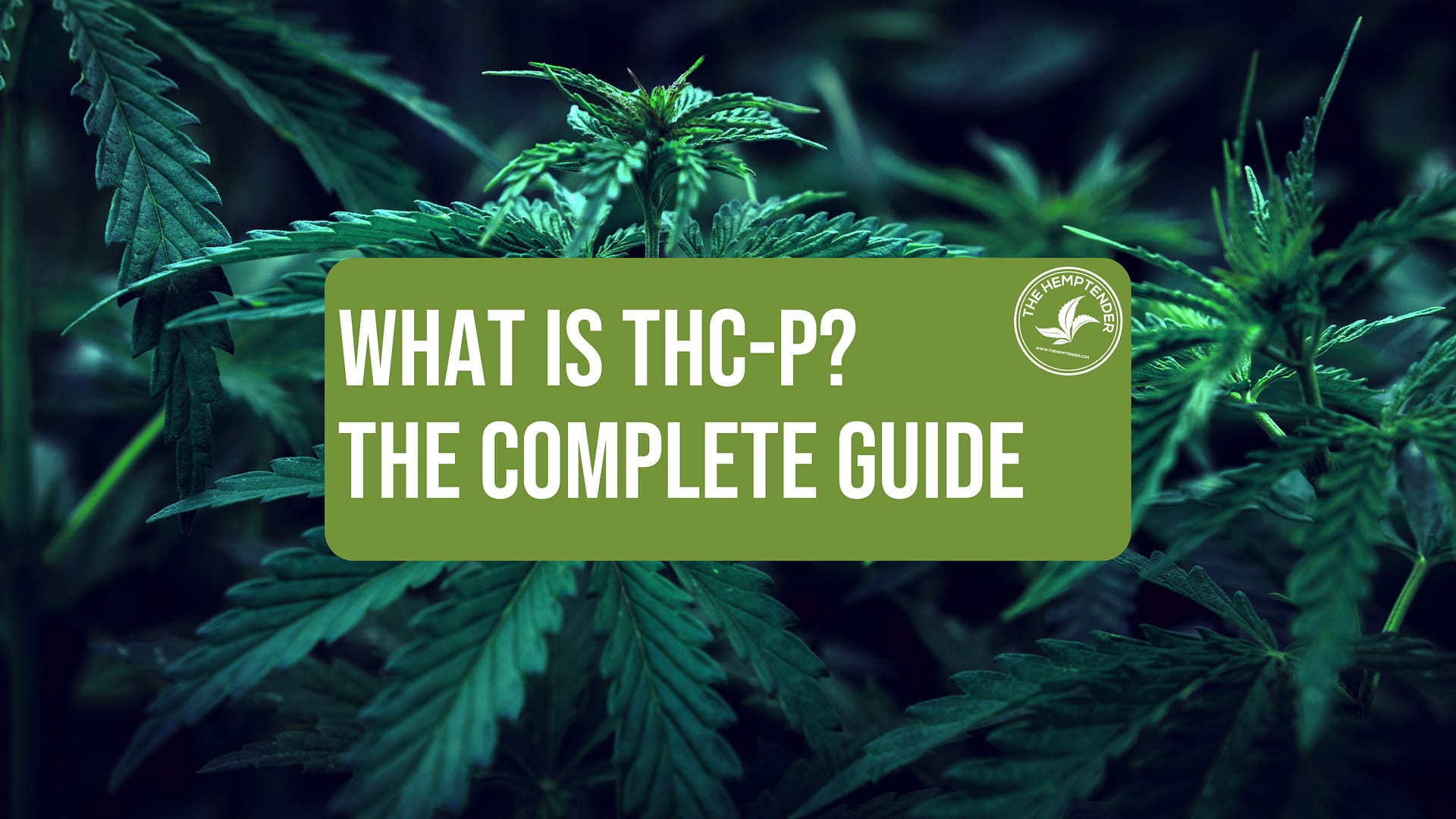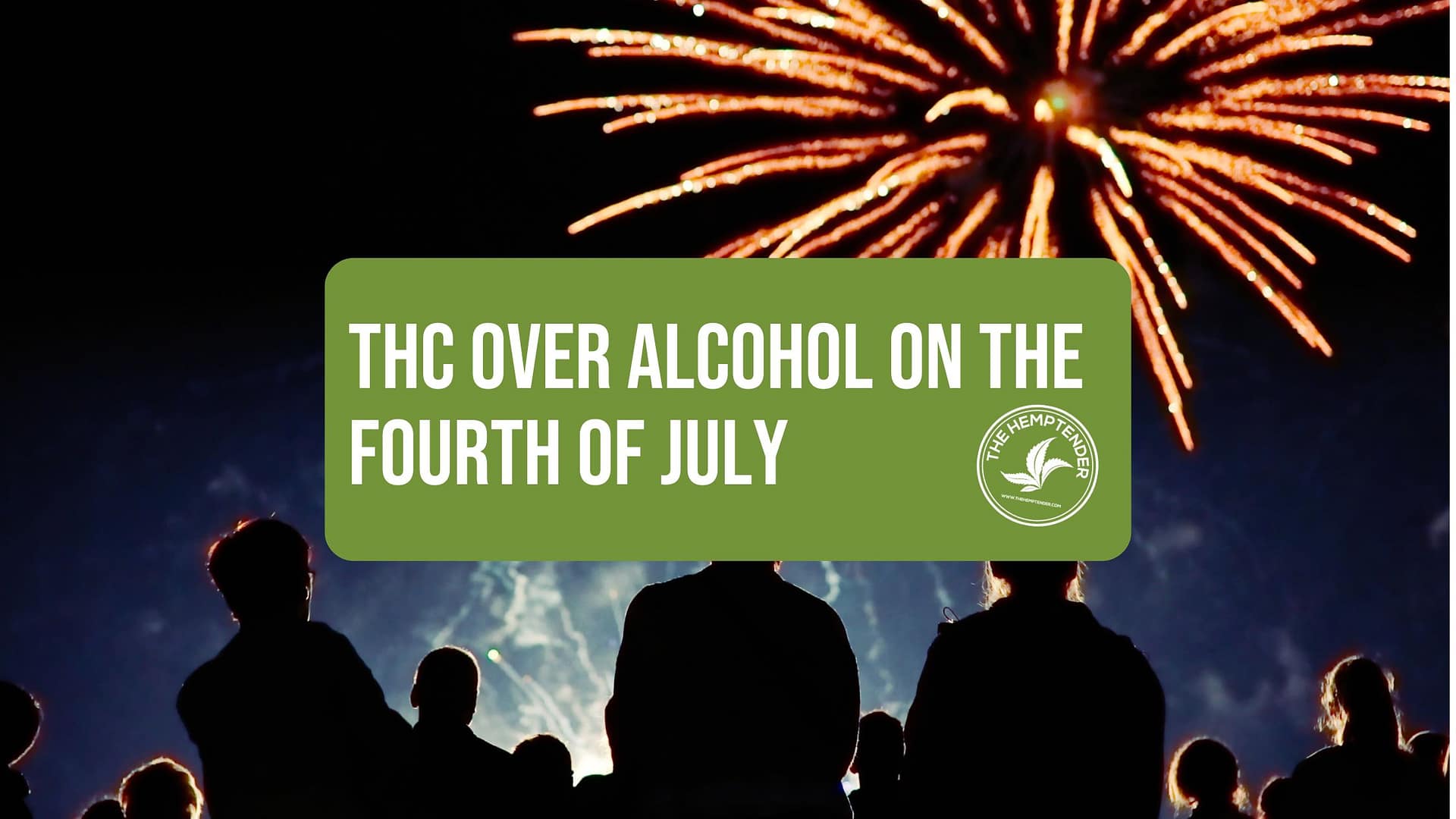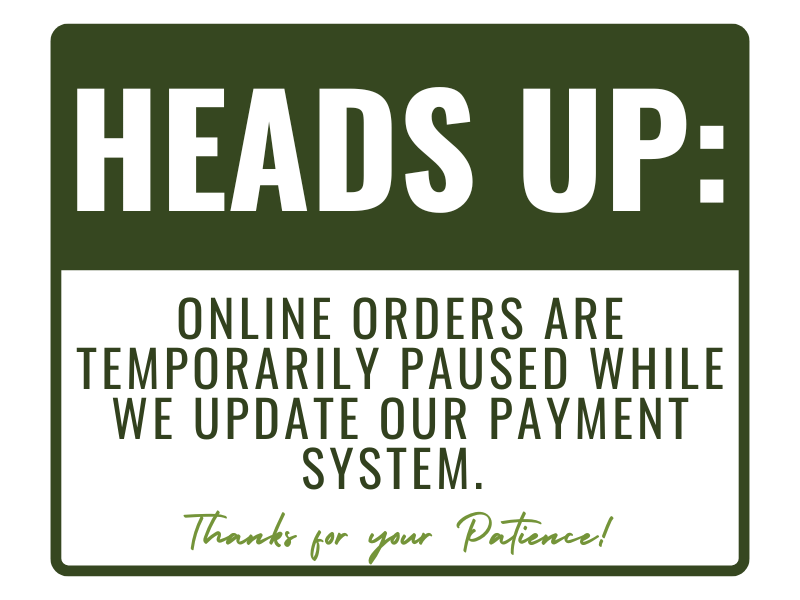Introducing THC-P: The Complete Guide

THC-p is a newly discovered cannabinoid found naturally in both hemp and cannabis. However, it makes up less than .01% of naturally occurring phytocannabinoids. But what is it and how does it work? Is it safe and legal? How does it compare to other cannabinoids and THC alternatives? Here’s everything you need to know.
What is THC-P and how is it made?
THC-P, also known as tetrahydrocannabiphorol, is a recently discovered THC alternative. While it hasn’t been studied very extensively, it’s known to be a highly psychoactive phytocannabinoid that may be up to 33 times stronger than delta-9 THC. It seems to offer a nearly identical range of effects to normal THC, though it may be more bioavailable thanks to the alkyl side chains, which contain two more chains than delta-9 THC. That said, it’s processed more effectively by the endocannabinoid receptors and may promote stronger effects than standard THC.
THC-P can be found in cannabis and hemp plants in very low concentrations. However, it’s extracted from these plants using chromatography techniques. Since it appears in such low natural quantities, scientists synthesize it from CBD or CBG. That said, THC-p is a hemp-derived THC alternative made from these cannabinoids that undergoes a series of chemical reactions to transform into THC-p.
Effects and possible side effects
Since there has been very little scientific study conducted on THC-p, most of the potential effects and side effects we’re aware of boil down to anecdotal evidence. With that said, take everything outlined below with a grain of salt.
Most people who have tried THC-p describe it as a stronger version of THC. Since it’s more bioavailable and binds better to the endocannabinoid receptors, it may come on stronger and feel similar to a psychedelic. That said, smaller doses are recommended.
In the original 2019 paper that reported the discovery of THCP, scientists suggested that some of its effects may include pain relief and some of the other potential therapeutic effects of THC. Similar to ordinary THC, it may promote stress relief, reduce pain and inflammation, and stimulate your appetite.
Keep in mind though that the effects of THCp may be up to 30 times stronger than THC. It will most likely feel very different than ordinary THC, so it could amplify the effects of couch-lock, cottonmouth, short-term memory loss, or anxiety and paranoia. Due to its bioavailability, a rare side effect may appear, known as Cannabinoid Hyperemesis Syndrome or CHS. CHS leads to long-lasting bouts of severe vomiting. So if you decide to try THCp, start with a very small dose at first to see how it affects you before using it like ordinary delta-9 THC.
How to use THC-P
Using THC-p depends on a few factors, such as the type of product you use and the delivery method, your physiological attributes, and the size of the dose you take. Most THC-p products come in the form of vape cartridges, edibles, and concentrates. However, we recommend always starting with a low dose with a new product to see how it affects you before taking a normal dose. That means one puff from a vape cartridge, a very very small dab, or 2.5-5mg of an edible, as a general rule of thumb.
Remember, THCP may be much stronger than delta-9 THC, so you’ll want to start low and gradually increase your dose until you have a good idea of how it affects you. The lower you start the less likely you are to experience negative side effects.
Is THC-P safe?
THC-P has not been thoroughly researched or tested outside of animal models. With that said, it’s unknown if THCp is safe, so use it at your own risk. There may be many unknown and potentially dangerous side effects associated with short-term or prolonged use. It’s also important to keep in mind that there are no established safety or testing protocols for manufacturing THCp yet. Be careful where you purchase THC-P products as they may be untested and unsafe.
Will THCP show up on a drug test?
Yes. THC-p is similar to THC. It promotes similar effects, is similar in structure, and is metabolized in the body the same way. While THC-p is a THC alternative, it may still show up in drug tests. If you must pass a drug test, steer clear of THC-p.
Is THC-P legal?
Right now, hemp-derived cannabinoids exist in a legal gray area. Delta-9 THC is the only scheduled cannabinoid that is illegal in all 50 states on a federal level. But under the 2018 Farm Bill, hemp-derived cannabinoids were legalized as long as the final product contains less than 0.3% delta-9 THC.
With that in mind, THCP may be legal in your state. Keep in mind that some states have moved to ban THC alternatives, including ones like THCp. While it may be technically legal on a federal level, it may be illegal on a state-to-state basis. Always check the laws and regulations on cannabinoids in your area to determine if THCp is legal where you live, and never purchase it from companies that will ship it to states where it may be illegal.
Where to buy THC-P
While we don’t currently offer THCp at The Hemptender, we’re looking into carrying it soon. Right now we want to make sure that strict testing and safety protocols are established and perfected before we carry it to help keep you safe. In the meantime, check out all of our THC alternatives and massive array of hemp products by visiting our store or shopping online. You’ll get free shipping on orders over $75, and you can even take advantage of a 10% discount that will be automatically applied at checkout.




